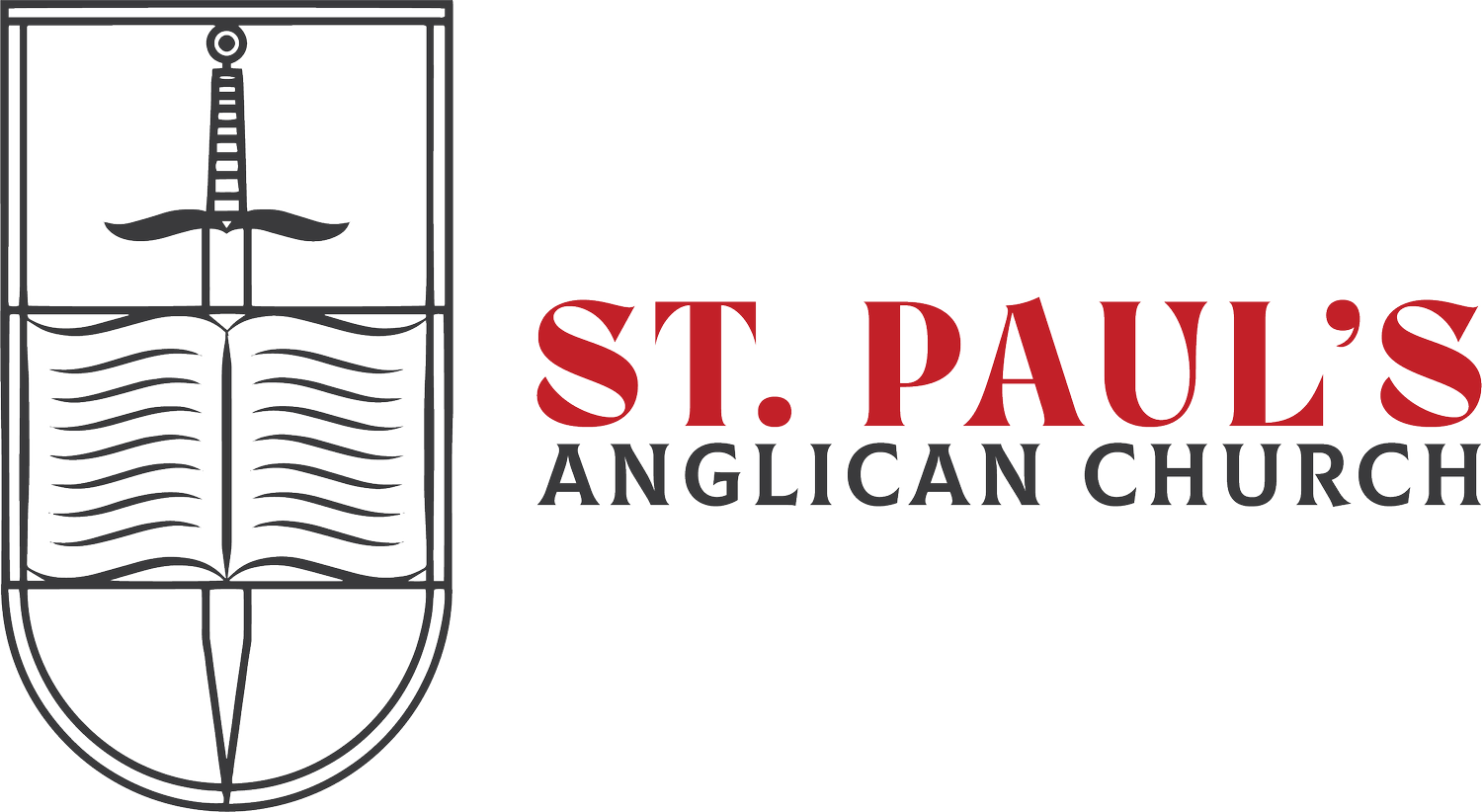What Percentage of My Income is God Calling Me to Give? Thoughts on Tithing
Each year, our parish enters a season we call of Stewardship. It’s a time not to talk about paying bills, but to reflect together on what it means to live generously before God. Too often, conversations about stewardship begin with budgets and end with guilt. But Christian giving is so much more than a line-item discussion; it’s an act of worship. When we give, we aren’t simply supporting an institution; we’re responding to a relationship. We are offering back to God what already belongs to him, and in that offering we are drawn more deplying into the mystery of his love. The real question of stewardship isn’t “What does the parish need to balance its budget?” It’s, “What percentage of my income is God calling to give?”
All true generosity begins in gratitude. Every good thing we have—life, family, work, friends, a parish community—is a gift. When we give, we’re not trying to buy God’s favor or pay him back; we’re simply saying thank you. Christian stewardship begins when we realize that our possessions were never ours to begin with. They are entrusted to us to that we might reflect God’s own generous nature. Gratitude opens our hands.
Scripture consistently connects giving with our relationship to God: “For where your treasure is, there will your heart be also” (Matt 6:21). In other words, giving is a way of placing our hearts in God’s hands. When we set aside a portion of our income for the Lord, we are making a tangible act of trust. It’s one thing to say, “God will provide”; it’s another to live as though that’s true. For this reason, giving isn’t primarily about supporting the local church because it’s really about spiritual formation. Just as prayer deepens our dependence on God, generosity deepens our trust in his provision.
To give is to participate in God’s work of redemption. When we give to the work of the Church, we’re joining in the story of salvation being written here at St. Paul’s and beyond. We have the privilege of seeing lives changed, children catechized, the hungry fed, the lonely visited, and the Gospel proclaimed. Therefore, giving is a privilege, not a burden. It’s a concrete way for us to respont to God’s call by saying “Lord, here I am. Use me.”
In the Old Testament, God’s people were commanded to give ten percent as a sign of covenant faithfulness (Lev 27:30-34). Under the New Covenant, giving is no longer about law; it’s about grace. God’s grace frees us from legalism and empowers us to go beyond it. For some, ten percent may be a stretch; for others, it may be the starting point of a deeper journey into generosity. The key isn’t for us to ask, “What’s the minimum requirement?” but, “What portion of what I’ve been given reflects the generosity of God towards me?” When we ask “What percentage of my income is God calling me to give?” we’re really asking, “Lord, how can I more fully entrust myself to you?”
My hope is that you come to see this year’s Stewardship Campaign not as a necessary evil but as a spiritual opportunity. It’s a season to take stock of God’s blessings and to rejoice in sharing them. When we give, we discover that generosity isn’t loss, but liberation. We find joy in giving because in giving, we mirror the God who gives himself to us completely in Jesus Christ.
In just a few weeks, we’ll have Stewardship Sunday when we hear about the importance of giving and receive the annual pledge forms. Take time to ask the question honestly: What percentage of my income is God calling me to give? Not out of guilt, fear, or pressure, but out of gratitude, relationship, privilege, faith, and joy. Let this year’s campaign be a celebration of God’s abundance, not a worry about scarcity. Because the more we give ourselves to God, the more we find that he has already given everything to us.
